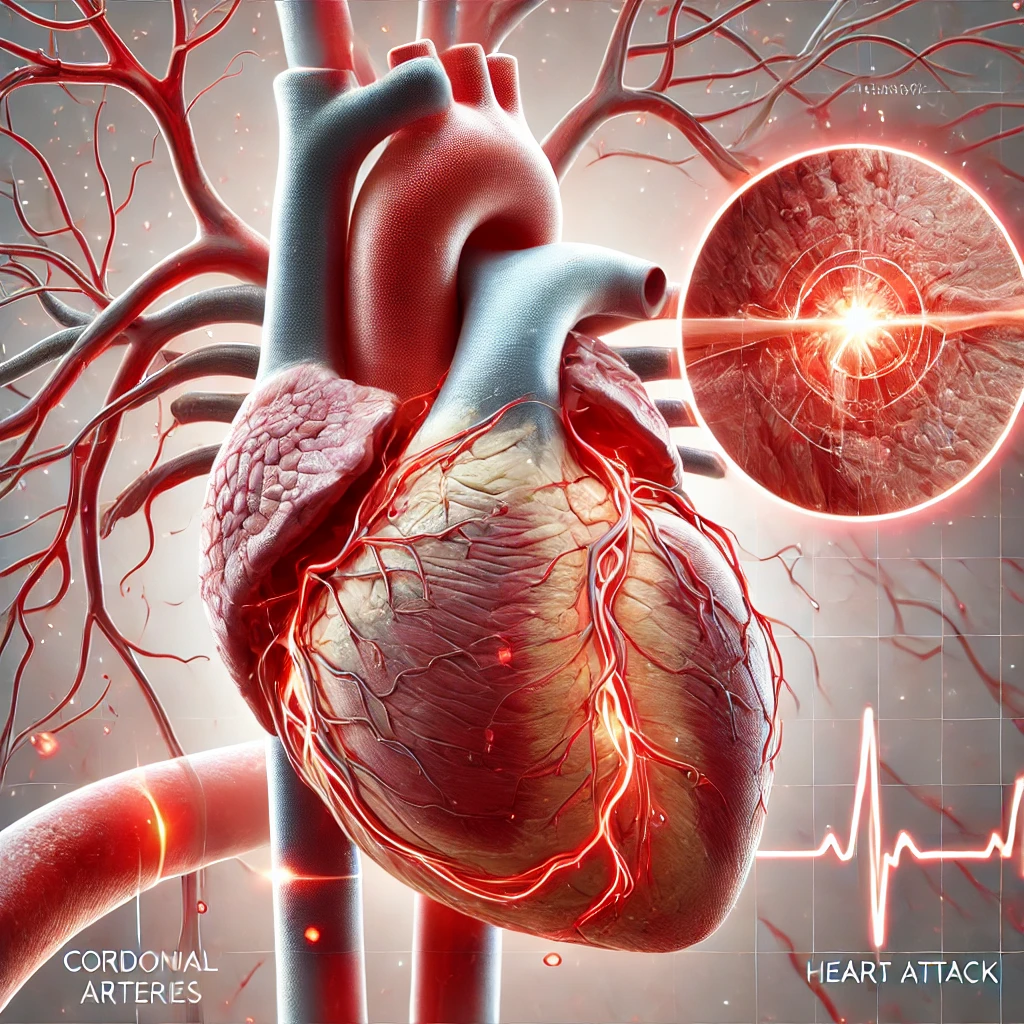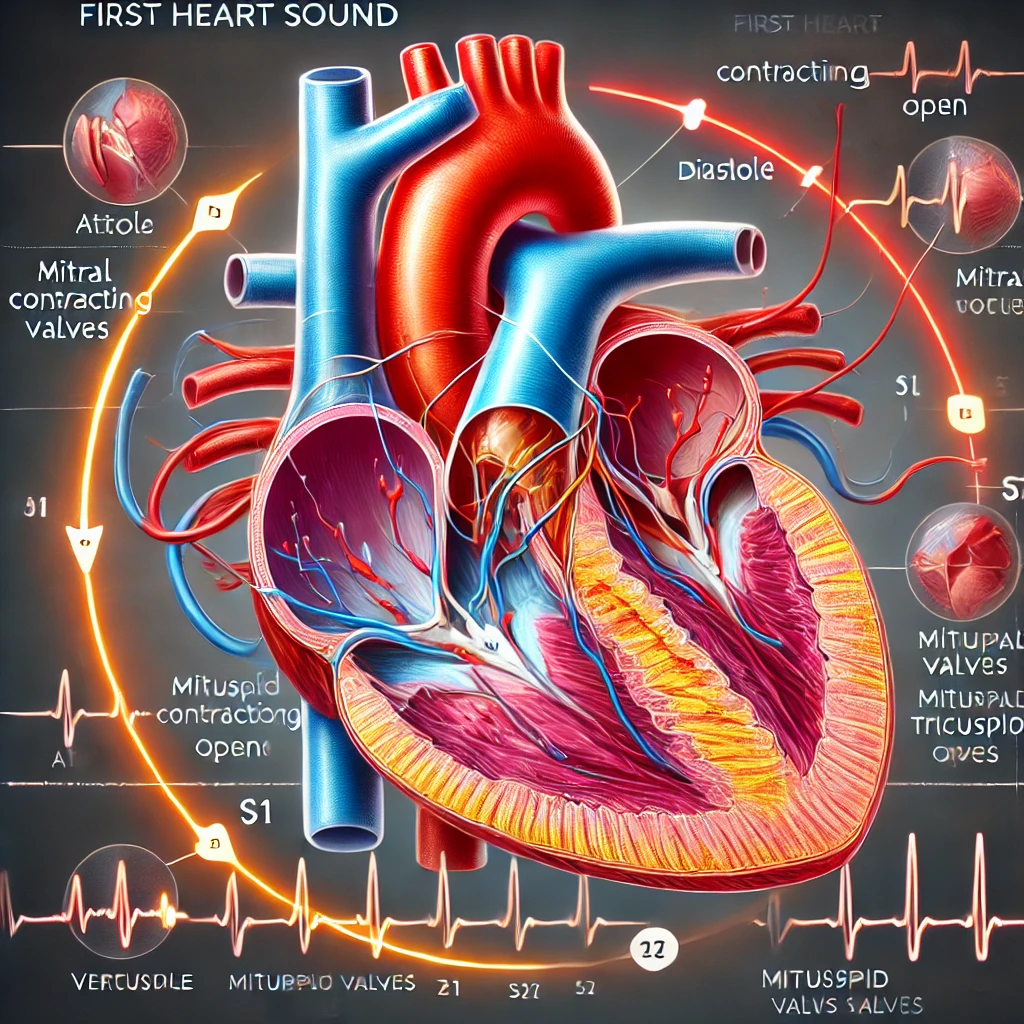It’s important to discuss the topic of medications causing hematuria, but please don’t stop taking any medication solely based on this article. It’s always best to consult with your healthcare provider.
These are the fe list of Medications that cause hematuria
1. Warfarin
Warfarin, a common anticoagulant or blood thinner, can cause hematuria. As a medication that slows down the clotting process, it can lead to blood appearing in the urine if the dosage is too high or if there’s an injury in the urinary tract.

2. Aspirin
Doctors often prescribe aspirin, a common blood thinner, to prevent heart attacks and strokes. However, similar to Warfarin, aspirin may cause hematuria by inhibiting the blood’s clotting ability, potentially leading to urinary tract bleeding.
3. Clopidogrel
Clopidogrel, another anticoagulant often used to prevent strokes and heart attacks, can similarly cause hematuria due to its blood-thinning properties.
4. Heparin
Heparin, commonly used to prevent and treat blood clots, can also cause hematuria. As an anticoagulant, it can lead to bleeding that might end up in the urine.
5. Ibuprofen
Ibuprofen, which falls under the category of nonsteroidal anti-inflammatory drugs (NSAIDs), has the potential to cause hematuria. While it is commonly used to alleviate pain and reduce inflammation, it may also lead to kidney problems or bleeding that could lead to the presence of blood in the urine.
6. Naproxen
Naproxen is an NSAID for pain relief and inflammation reduction, similar to Ibuprofen. In some cases, it may lead to bleeding in the urinary tract resulting in hematuria.
7. Methotrexate
Methotrexate is a medication used to treat certain types of cancer or to control severe psoriasis or rheumatoid arthritis. It works by slowing the growth of cancer cells and suppressing the immune system. However, in rare cases, it can cause kidney damage leading to hematuria.
8. Cyclophosphamide
Cyclophosphamide is a chemotherapy drug used for treating various types of cancers. This drug can sometimes cause bladder irritation leading to blood in the urine, a condition called hemorrhagic cystitis.
9. Penicillin
Penicillin is a group of antibiotics used to treat and prevent bacterial infections. Hematuria is a rare side effect that may be related to interstitial nephritis, an inflammation in the kidney tissues.
10. Ciprofloxacin
Ciprofloxacin, an antibiotic, is used to treat various bacterial infections. Hematuria can occur in rare cases, possibly due to crystalluria, where crystals form in the urine.
11. Rifampin
Rifampin is an antibiotic used to treat tuberculosis and other infections. It can cause red or orange discoloration of body fluids, including urine. In some cases, this might be due to hematuria, although it is often harmless discoloration.
12. Sulfasalazine
Sulfasalazine treats rheumatoid arthritis, ulcerative colitis, and Crohn’s disease. Rarely it can cause hematuria as a result of interstitial nephritis.
13. Quinine
In rare cases, Quinine, traditionally used for treating malaria, can lead to hematuria. It can cause a range of side effects, including kidney damage.
14. Nitrofurantoin
Nitrofurantoin is an antibiotic used primarily to treat urinary tract infections. However, it can also lead to hematuria by causing inflammation of the bladder, also known as cystitis.
15. Amoxicillin
Amoxicillin is a commonly used antibiotic. While it generally has few side effects, it can cause interstitial nephritis in rare cases, leading to hematuria.
16. Metformin
Metformin, primarily used for treating type 2 diabetes, could cause hematuria. However, this is a relatively rare side effect and could also be related to kidney disease, which is common among people with diabetes.
17. Furosemide
Furosemide is a diuretic, or “water pill,” that prevents your body from absorbing too much salt, allowing the salt to be instead passed into your urine. It’s primarily used to treat hypertension and edema. Furosemide can occasionally cause hematuria through several mechanisms, including kidney stones or urinary tract infections.
18. Thiazide Diuretics
Thiazide diuretics, like hydrochlorothiazide, are another “water pill” used to treat hypertension. Sometimes, they can cause kidney stones, which may result in hematuria.
19. Allopurinol
Allopurinol is a medication that prevents gout attacks and reduces uric acid levels in people undergoing chemotherapy. In rare instances, it can cause interstitial nephritis, which could lead to hematuria.
20. Acetaminophen
Acetaminophen, or paracetamol, is a common over-the-counter medication for relieving pain and reducing fever. High doses or prolonged use can cause kidney damage, which may result in hematuria.
21. Doxazosin
Doxazosin is an alpha-blocker for treating hypertension and benign prostatic hyperplasia (BPH). Rarely can it cause hematuria due to urinary tract inflammation.
22. Enalapril
Enalapril, an ACE inhibitor, is often used to treat high blood pressure, diabetic kidney disease, and heart failure. Hematuria is a rare but possible side effect, likely due to kidney inflammation.
23. Hydrochlorothiazide
Hydrochlorothiazide, another thiazide diuretic, treats high blood pressure and edema. It can lead to hematuria by causing kidney stones in rare cases.
24. Lisinopril
Lisinopril is an ACE inhibitor for treating high blood pressure and heart failure. It could lead to hematuria as a side effect, likely due to kidney inflammation.
25. Amiodarone
Amiodarone is a medication used to treat and prevent irregular heartbeats. Hematuria, while not a common side effect, can occur due to possible liver or kidney complications.
References:
- MedlinePlus – Hematuria
- National Kidney Foundation – Hematuria: Blood in the Urine
- American Family Physician – Evaluation of Hematuria
- Mayo Clinic – Blood in Urine (Hematuria)
- WebMD – Hematuria
My other Posts:
- Hematuria: Understanding, Types, Causes.
- Unmasking Hematuria: 20 Potential Causes of Blood in Urine Without Pain
- Hematuria Symptoms, Signs of Hematuria
- Chronic Kidney Disease (CKD) And the Causes
- Recognizing the Signs and Symptoms of Chronic Kidney Disease
Disclaimer:
This article is designed to inform and provide an understanding of the potential link between certain medications and hematuria. It is not intended to substitute for professional medical advice, diagnosis, or treatment. Always seek the advice of your healthcare provider with any questions you may have regarding a medical condition or treatment. Do not disregard professional medical advice or delay seeking it because of something you have read in this article.




